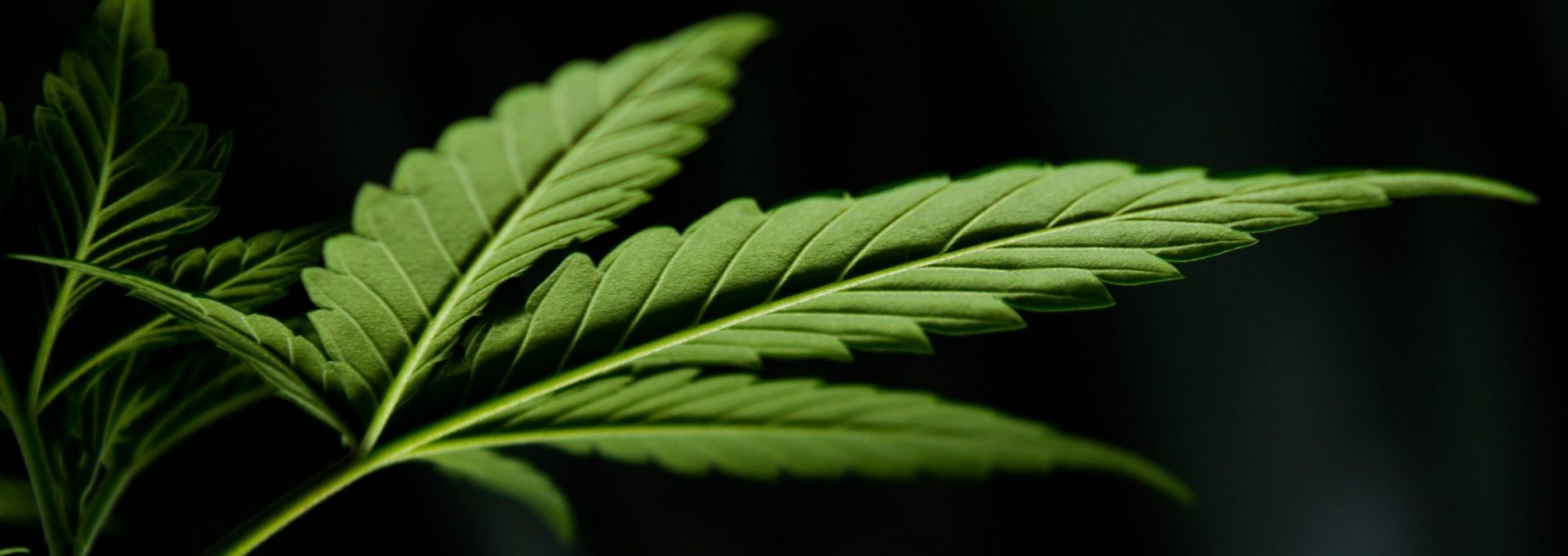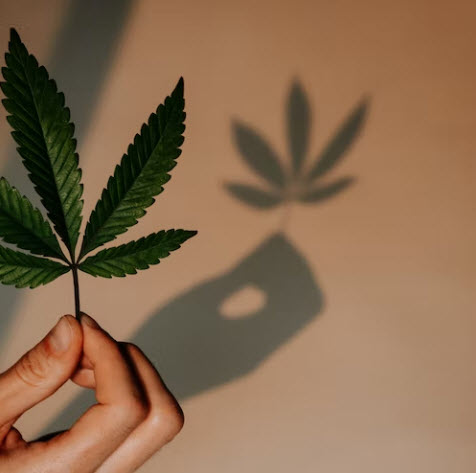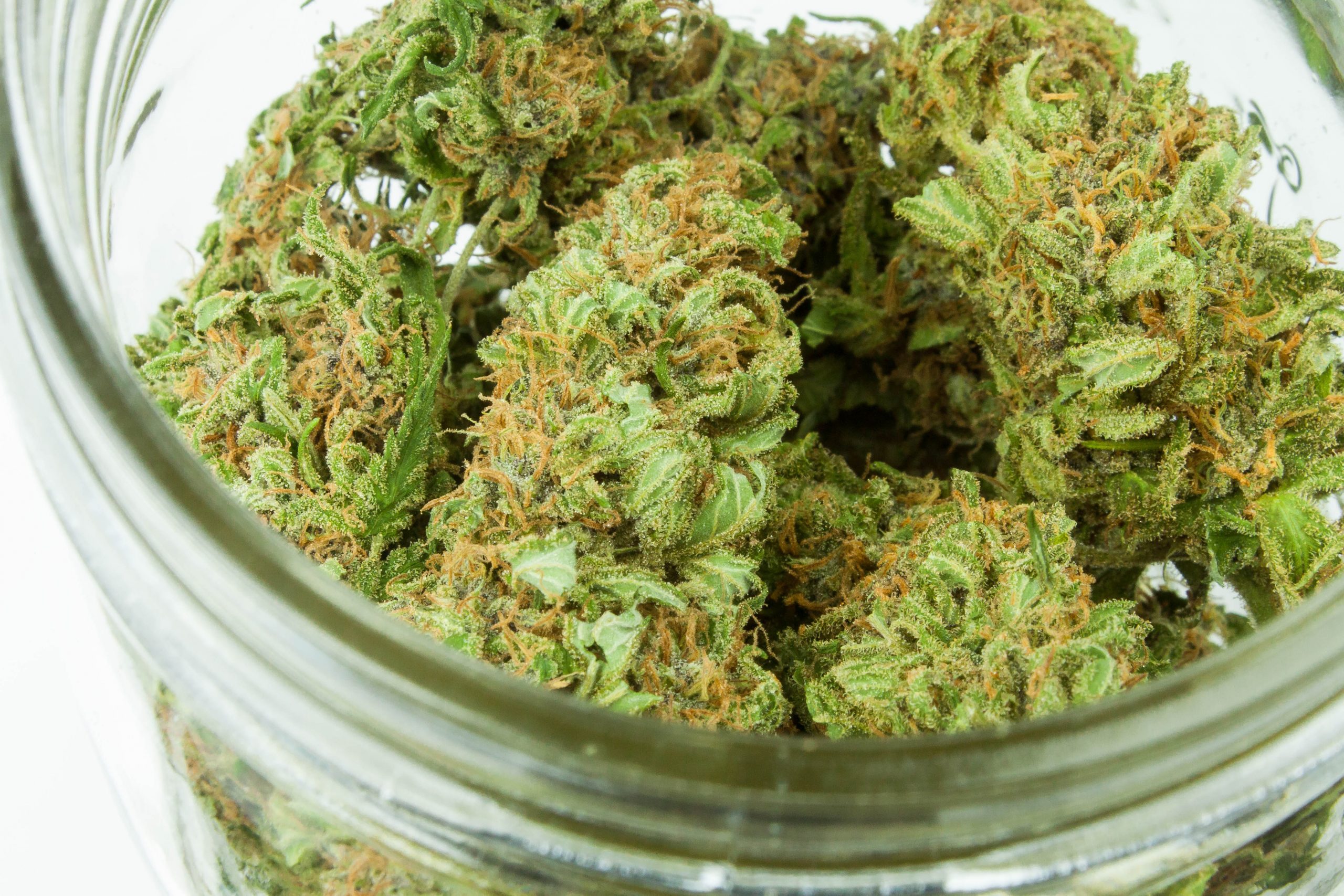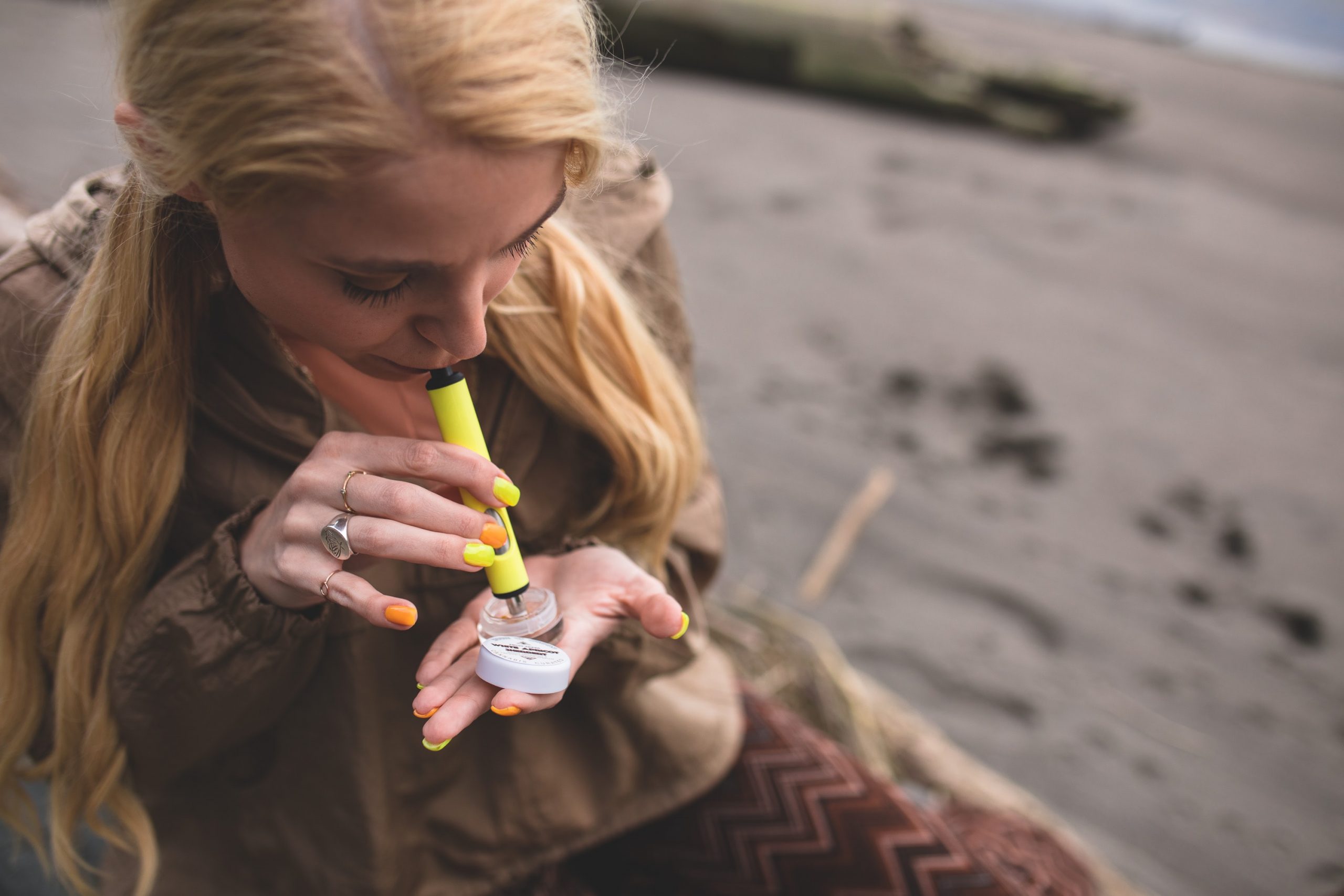The US market is now dealing with the issue of the legality of Delta 8 – how will this issue show up in Europe?
Delta 8 THC is currently a “thing” in the United States. The cannabinoid, which can occur naturally from the oxidation of Delta 9 THC, can also be extracted from hemp. Of course, this is the most expensive way to obtain Delta 8. However, because of the problems of the lack of reform in the United States, producers have been chemically obtaining this cannabinoid from hemp and then including it in products, which they are also shipping nationally.
There are several problems with this idea of course. The first is that Delta 8, while milder than Delta 9, is basically the same compound, with a few differences in chemical bonds. This means that the psychoactive effects of Delta 9, while reduced, are still present. And therein lies the rub.
Ultimately a chemical compound is a chemical compound. It does not matter where that compound originates. This is also why THC limits in hemp are so important. Of both the Delta 8 and 9 kind.
Indeed, regulators in several U.S. states have banned the use of Delta 8, including in food, cosmetics, and dietary supplements. Kentucky and Vermont have already warned hemp growers that selling delta 8 might mean they would face federal prosecution. Ten other states have also effectively banned it.
What Does This Mean for Europe?
The only people really talking about Delta 8 right now in Europe are in fact Americans with one foot in each market. The idea that a cannabinoid will not be classified and regulated, even if it is oxidized or extracted, is ludicrous in an environment where the European Commission has been tasked to classify each cannabinoid as they progress through understanding this revolution at the bureaucratic end. See not only CBD approval but CBG as of this spring.
The argument that Delta 8 can be extracted from CBD and therefore is not a narcotic, is not going to fly in Europe. From a medical discussion, it is very likely that Delta 8 will be classified first as a narcotic, no matter where it comes from.
However, what this might do is start a THC lite offering in places like Switzerland and Luxembourg if not Portugal. Especially since the only thing really needed to obtain far larger quantities of Delta 8 is just to expose Delta 9 cannabis to the air until the compound is created, literally, all on its own. This way, cultivators and extractor/producers also escape some of the more hazardous regulations on the HACCP side of the discussion.
The Oddities of the Cannabis Market Generally
What this entire escapade does do is show how resilient if not creative the cannabis industry generally is when it comes to getting around the rules, certainly in the United States. In general, that is because they have had to be. This industry is still full of hard shocks, bumps, and other regulatory changes thanks to the fact that a multi-billion-dollar-a-year market has been allowed to grow, outside of federal reform.
In Europe, there are many discussions about how to proceed in an environment where the “federal” oversight of this discussion is clearly moving, albeit at a snail’s pace. Regardless, the classification of Delta 8 as anything other than a chemically similar narcotic to Delta 9 is unlikely.
One thing that is very likely is that Delta 8 may also be the testing ground for Novel Food and THC in Europe.
Why Is This Trend Happening at All?
Part of the issue is the frustration of the cannabis industry generally in being held in limbo where THC generally is concerned. Part of the issue is that in a market where CBD has been made more or less federally legit, good ole American entrepreneurialism has stepped in.
It is not like this is not likely to be an issue in Europe. Indeed, a CBD extracted Delta 8 compound or food that contains it may be the first place where there is a legal showdown on the status of a narcotic cannabinoid in food or beverages. That fight is probably going to happen in a place like Holland or Portugal, simply because the industry is tired of lagging behind reality, not to mention fronting millions in legal fees and compliance measures that are, to be frank, often overblown, and caused by the over-regulation and complications of the entire discussion now.
There is also of course, the discussion about the other regulation that might be triggered by all of this. Namely, would a Delta 8 plant or extract be required to fit under GMP regs? Or EU-BIO?
It is these questions that will keep regulators on their toes, if not continue to plague and confound the industry here as it too struggles to find new sales channels.
There are tipping points indeed, afoot, and much is in the air right now. As ever, stay tuned.









